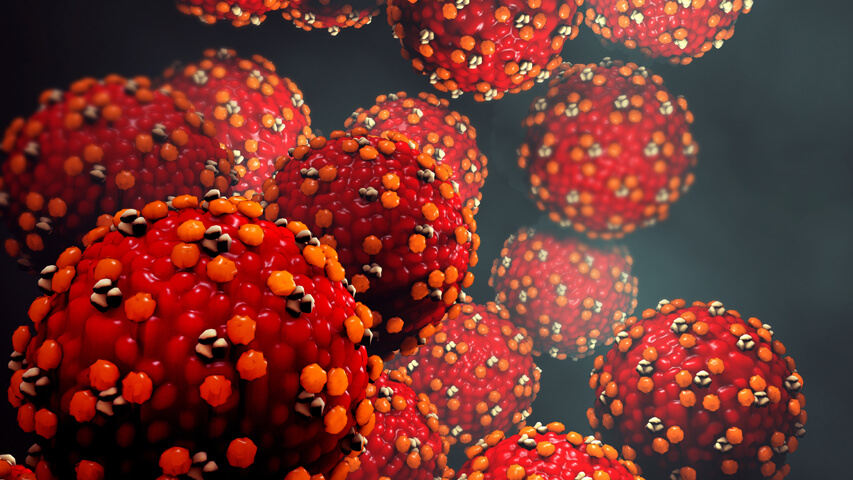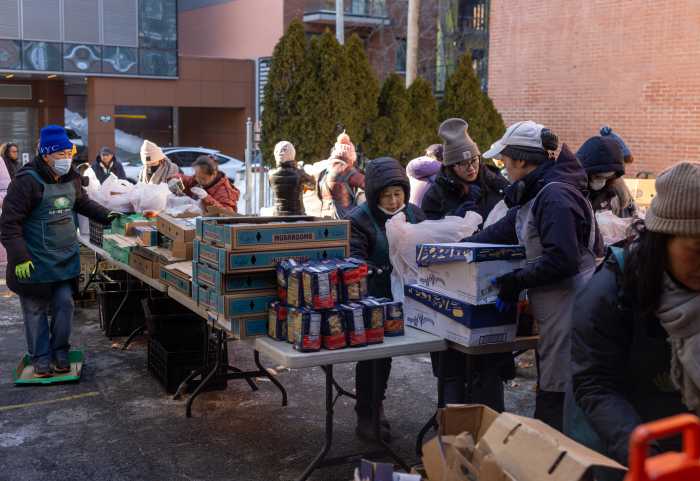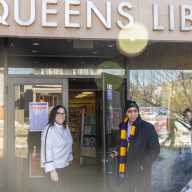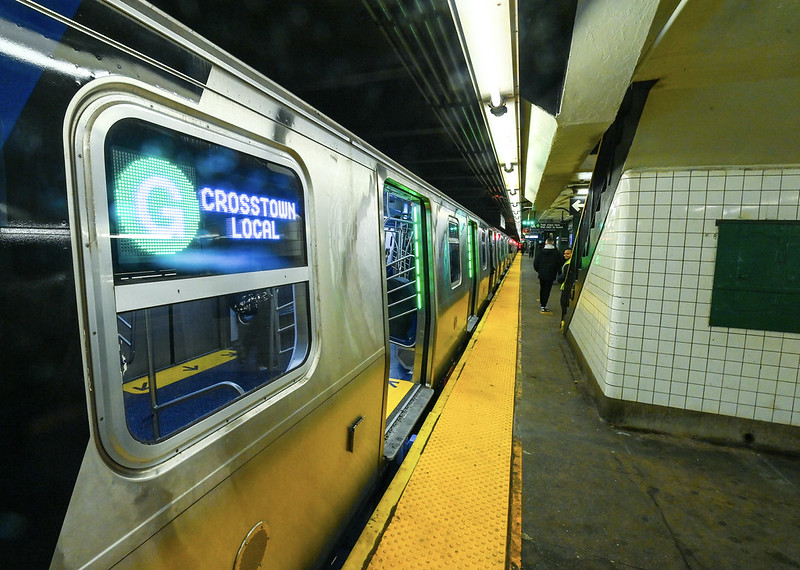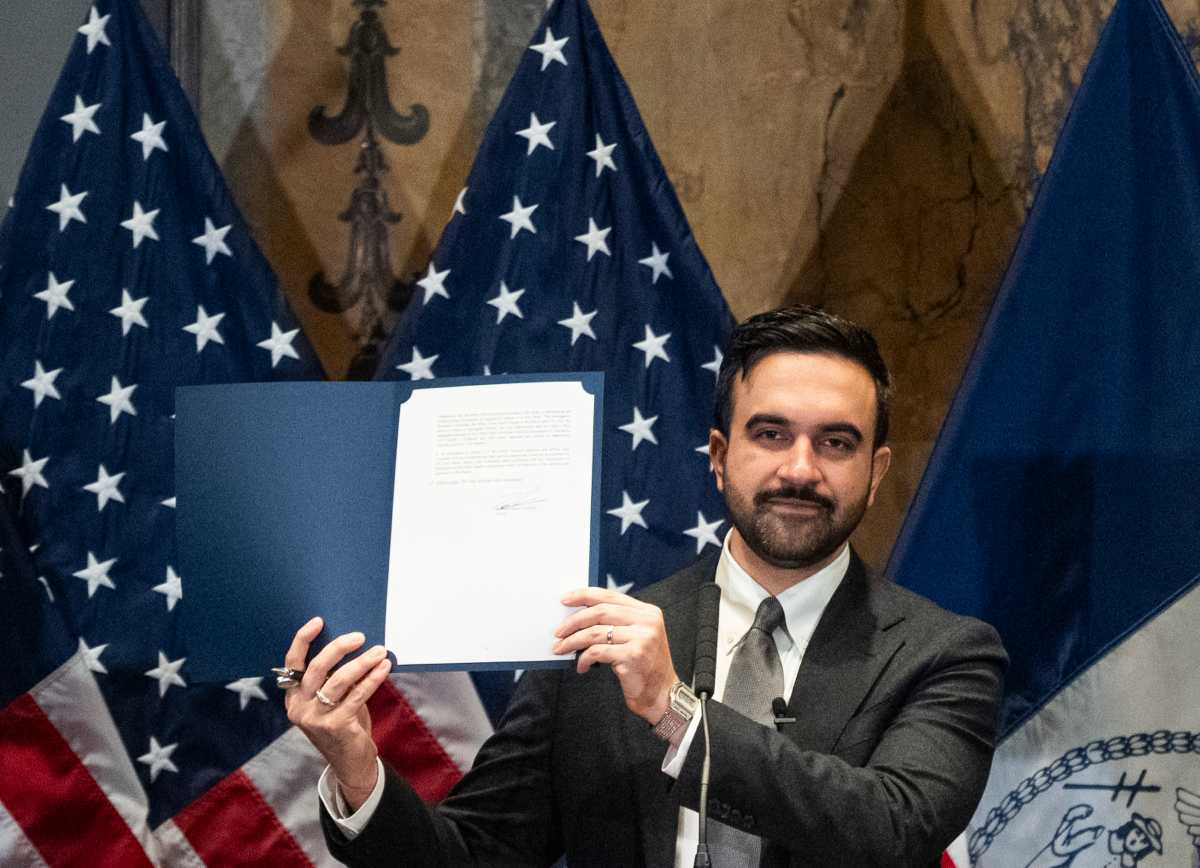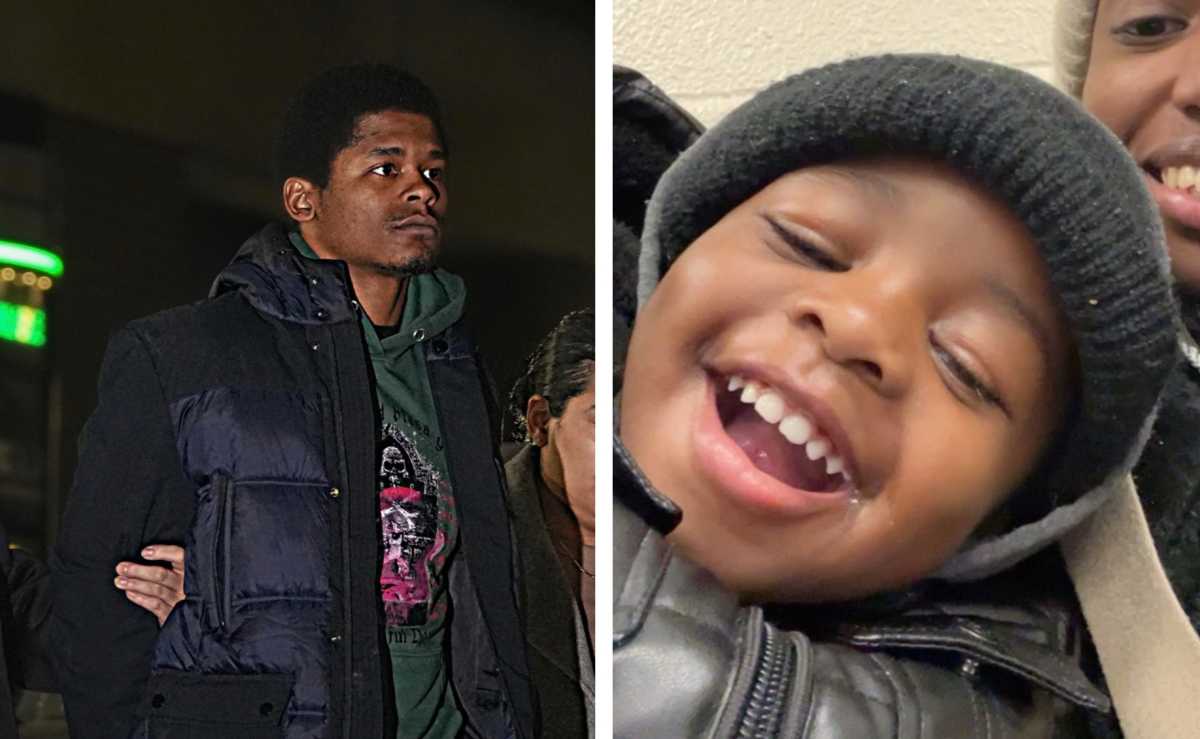The city’s Health Department slammed the doors Monday on a Kew Gardens Hills school for non-compliance with a citywide order aimed at curbing the ongoing measles outbreak.
On May 9, the Health Department issued an “Order of the Commissioner” to The Yeshiva of Central Queens at 147-37 70th Rd. mandating that the administration exclude any unvaccinated student for 21 days following a known exposure to measles at the school.
Upon further investigation, the agency ordered The Yeshiva of Central Queens closed on May 13 because the staff had not abided by the May 9 order. The school will be allowed to reopen once the Health Department “reviews and approves a submitted corrective action plan that addresses the lapses in complying with the order.”
When asked for comment, a school representative directed QNS to the school’s attorney, Jonathan Farrell. A representative of Farrell told QNS on Tuesday that the school hoped to reopen “as soon as possible.”
Later in the afternoon, Farrell released a statement on the school’s behalf explaining the situation and that “the yeshiva is fully cooperating with the Department of Health’s audit of the yeshiva’s records.”
“We are not aware of any yeshiva student being exposed to the measles virus,” the statement noted. “Rather, the Department of Health’s audit of the yeshiva was triggered by a single individual, who is an outside vendor of the yeshiva and who was present on yeshiva’s premises after apparently being exposed to the measles virus. Because the yeshiva has no concrete evidence regarding any student being exposed, the Department of Health’s decision to temporarily close the yeshiva appears to be merely precautionary.”
The statement goes on to note that the yeshiva administrators are “already preparing an action plan to better its compliance and monitoring mechanisms” which it will be implementing “no later than the beginning of the fall 2019 semester regarding its measles vaccination requirements.”
Eight other private schools, most of which are located in the Williamsburg, Brooklyn, area, were previously ordered closed for similar reasons and have since been reopened after officials at each institution submitted a corrective action plan that the Health Department approved.
For weeks, the agency has been working to contain the spread of the highly contagious measles, which can be prevented with a vaccine. In April, Mayor Bill de Blasio declared a public health emergency for the Williamsburg area, where hundreds of people came down with the illness.
“We cannot allow this dangerous disease to make a comeback in New York City,” de Blasio said at an April 9 press conference. “We have to stop it now.”
Eighty percent of the nearly 500 measles cases citywide have occurred in Williamsburg, primarily within the large Orthodox Jewish community. The city has ordered residents in five Brooklyn ZIP codes encompassing Williamsburg to get the measles-mumps-rubella (MMR) vaccine.
So far, no such mandatory vaccine order has been issued for any part of Queens. Just two confirmed measles cases have been confirmed in the borough, both of which were in Flushing. There have been no new measles cases in Queens since April 29.
The Health Department acknowledged that “a small number of cases have occurred” outside of Williamsburg, but to date, have “not resulted in a sustained transmission of measles.”
The Health Department has also summonsed 98 people for failing to comply with the emergency order. Those who violate the order are subject to financial penalties starting at $1,000.
“In order to prevent outbreaks in new areas of the city we need parents to get their children vaccinated and schools to exclude children who are not up to date with the measles vaccine. We continue to urge unvaccinated New Yorkers to get vaccinated against measles as soon as possible,” said Health Commissioner Dr. Oxiris Barbot on May 13. “Exposures outside of the Williamsburg neighborhood have not resulted in sustained transmission because of relatively high levels of vaccination in affected communities. Maximizing the number of individuals up to date with their measles vaccine is the best way to protect our communities.”
Measles is highly contagious and can be spread through indirect contact with an infected individual. Symptoms may not surface until between 10 and 12 days after exposure to the virus. Early symptoms such as a fever, cough, runny nose and red, watery eyes develop three to five days before a rash of red spots appears on the face and spreads throughout the body. The rash can last up to a full week.
Young children, pregnant women and people with compromised immune systems are the most susceptible to measles. More serious complications from the virus may develop, including ear infections, encephalitis (a swelling of the brain), pneumonia and premature birth.
Receiving the MMR vaccine is the most effective way to combat the illness; most who receive it do not suffer any side effects, although some may experience a mild fever or rash that quickly goes away. There is no link between the vaccine and autism.
For more information on the measles outbreak, visit the Health Department’s website.
This story was updated on May 14 at 2:05 p.m.

